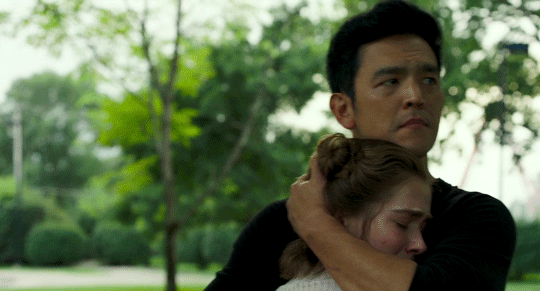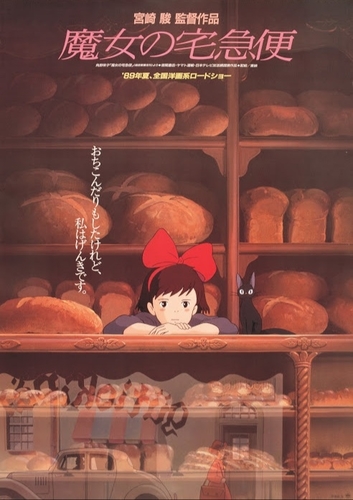 News of the World
News of the World, 2020
Captain Kidd (Tom Hanks) retired after serving in the Civil War and now makes a living traveling from town to town and reading news from around the country and the world. Kidd ends up reluctantly tasked with returning a girl named Johanna (Helena Zengel)--the child of German immigrants who was captured by Kiowa Indians when she was very young--to her surviving extended family. But political tensions and stretches of wild landscape make their journey a dangerous one.
Right off the bat this film was at a bit of a disadvantage with me because I'm one of those people who can say
I read and loved the book. Obviously adapting a book faithfully or making major changes can both be valid strategies. And I acknowledge that judging a movie against a book is not necessarily fair. But I couldn't really separate the two, and it definitely left me feeling like there was a missed chance here.
On the positive side, Hanks is a warm and engaging presence. You can really believe that a frightened kid would come to trust him and quickly grow fond of him. Zengel is also really good as Johanna, a young woman who has witnessed more violence in her first ten years of life than anyone should every have to see. The best moments in the movie come when it slows down and lets the two characters play off of each other. Sometimes those moments are comedic, as when Johanna decides to sample all of Kidd's food rations and discovers his tin of sugar much to her delight. Other times they are more serious. In one of the best moments in the whole film, a conversation about language (Johanna speaks in Kiowa, Kidd only speaks English) takes a sudden turn when Johanna blurts out a phrase in German. Her face suddenly goes blank. It takes Kidd a full beat to realize that the language has brought with it memories of her family and their fate. Kidd can do nothing for her but keep the wagon moving.
I also liked the way that Johanna's cultural otherness is shown. Too often, the trope is to show a person from a tribe as being uncivilized, and we the audience and the characters in the film get to goggle at their bad and strange manners. But here we get a much more respectful portrayal of cultural difference. It's Johanna singing songs in the Kiowa language, or her style of caring for the horses. My favorite of these touches was simply the way that Johanna points at things. Not palm down with her index finger, but palm up and using her pinky finger to gesture. It is a way of showing difference without judgement and I really liked it.
The film does also manage to capture the wild lawlessness of the different locations they must traverse in order to get to their destination. There are stretches of lonely road between the different towns, and some of those towns are full of people who are still angry and embittered about the events of the Civil War.
There's also something really interesting in the way that Kidd's job works. He acts as a curator of information, deciding which stories to highlight and how to present them to the crowd. While I think that this dynamic is illustrated with a bit more subtlety in the book, there's no denying the pointed commentary of a man who rules over a small town who decides to print his own newspaper glorifying himself. The sequence where Kidd navigates dealing with this man is interesting and tense, even if it lacks nuance.
I understand why certain changes were made from the book, but I feel that it ultimately makes for a less potent narrative. In the book, Kidd is elderly, I believe in his 70s. While the word "passive" isn't at all right, he is a man who picks his battles very carefully and works hard to avoid conflict. As he and Johanna travel on their journey, they are witnessing a nation in the throes of trauma and rapid change, something that echoes Johanna's own identity crisis. The film tries to make the main characters a lot more active, and while I understand this impulse, it makes the story feel very episodic. In the face of the gentle power of the scenes between just Hanks and Zengel, the sequences where they interact with others feel kind of cluttered and busy.
I'm sure that a more faithful adaptation of the book would have been criticized for its simplicity, but it's frustrating to see how many changes were made to make it more "exciting". Too often those changes un-center the delicate development of the relationship between the two main characters. It also makes certain plot points seem incredibly improbable. Kidd is obviously a very smart man, but are we really to expect that he would pick up such grammatically correct and complex Kiowa just from his time with Johanna? Similarly, the characters are repeatedly shown surprising kindness in locations and situations where such actions seem unlikely.
Not bad. Honestly, I suspect I'd have liked it a bit more (not a lot more) if I didn't have such fond feelings for the source material.








